Hanoi National University recently organized a scientific seminar with the theme “Prosperous Vietnam in the new era”. Professor Lam Nghi Phu - Director of the Institute of New Structural Economics, Peking University, China, former Senior Vice President for Development Economics of the World Bank - was the guest speaker of this seminar.
Economic transformation process in 6 steps
Sharing a perspective from new structural economics, Professor Lam Nghi Phu believes that the pursuit of prosperity, although difficult, is always equally shared among countries, especially developing economies.
According to Mr. Phu, the nature of modern income growth is a process of continuous structural transformation in technology and occupations, aiming to increase labor productivity, along with improvements in soft and hard infrastructure in the economy, aiming to reduce transaction costs. Developing countries have the advantage of being latecomers in technological innovation, industrial upgrading and institutional reform, thus having the potential to grow faster than developed countries. However, most developing countries are still stuck in low or middle income status.
Mr. Phu said that both the low-income trap and the middle-income trap are the result of the inability to carry out dynamic structural transformation, preventing developing countries from growing faster than high-income countries.
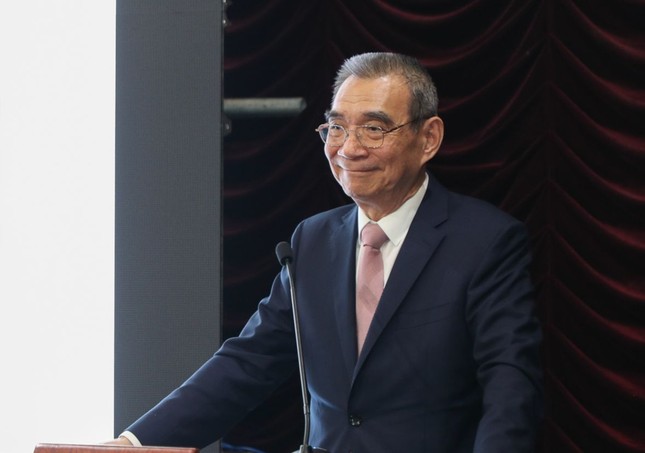 |
Professor Lam Nghi Phu shares perspectives from new structural economics. |
How to escape this trap and realize the aspiration of prosperity? The key is for policymakers to understand the factors that drive national development and identify potential comparative advantages. This also means understanding a country’s resource structure and how it changes over time, creating conditions that foster the development of new industries that match its key potential comparative advantages (the keys to prosperity).
Combining theory and practice, Professor Lam Nghi Phu raised the role of appropriate infrastructure and government participation in improving the economic environment. He argued that countries should follow their comparative advantages to compete globally and upgrade their industries.
The professor from Peking University proposed a six-step economic transformation process to promote new industries and sustainable growth, including: Identifying industries with growth potential through international comparisons; assessing the ability to realize the industry, removing barriers for domestic enterprises; seeking foreign direct investment (FDI) or organizing new business incubation programs; Government interest and support for private enterprises to expand their scale and implement initiatives; using special economic zones or industrial parks in countries with weak infrastructure and unfavorable business environments; Government support policies for pioneering enterprises through tax incentives, loans, and access to foreign currency.
According to Professor Lam Nghi Phu, a facilitating state with a strategic coordinating role, using industrial policy flexibly and with clear goals, is the key for Vietnam and other middle-income countries to escape stagnation and rise to the group of high-income countries. If the Government plays the right supporting role in an efficient market, helping to transform potential comparative advantages into reality, then Vietnam can absolutely grow dynamically, even faster than developed countries.
The key to growth
Dr. Le Duy Binh - Director of Economica Vietnam - shared that among 940,000 operating enterprises in Vietnam, the proportion of medium-sized enterprises is equivalent to that of large enterprises, only 1.5%, the remaining 97% are small and micro-sized.
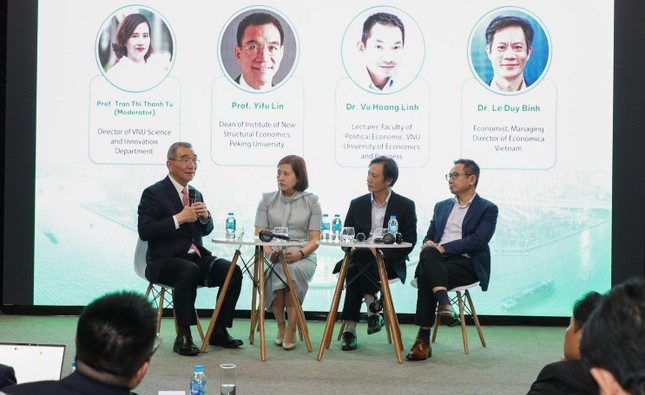 |
| Speakers shared at the seminar. |
Mr. Binh analyzed that the scale of the enterprise also affects investment in technological innovation, management, research and development. In addition, from within the enterprise, the management method is still fragmented and small-scale, focusing on pre-existing advantages such as resources or cheap labor. In particular, the micro-enterprise sector mainly focuses on ensuring livelihoods, without big ambitions.
Sharing about this content, Professor Lam Nghi Phu said that the Chinese Government pays great attention and provides great support to the small and medium-sized enterprises. Specifically, allowing these enterprises to participate in economic activities along with loan support. The government's support is always guaranteed to be stable and continuous.
Dr. Vu Hoang Linh - University of Economics, Vietnam National University, Hanoi - expressed that the FDI sector is increasingly affirming its important role in Vietnam's socio-economic development. He believes that it is possible to apply the economic transformation process mentioned by Professor Lam Nghi Phu to promote new industries and seek foreign investment.
Regarding the role of universities in economic development, Professor Lam Nghi Phu shared that it is necessary to strengthen cooperation between universities and businesses. Forms of cooperation between universities and businesses often focus on the field of training and transferring human resources to businesses. Through cooperation, educational institutions will adjust their curriculum and subjects to meet the actual needs of the labor market. Mr. Linh recommended that lecturers and students at universities should proactively conduct research on social needs and business needs to make reasonable proposals for changes to the curriculum.
At the seminar, experts also said that it is necessary to consider the private sector as the key to growth, so it is necessary to prioritize policies for developing private enterprises. In the coming time, developing the private economic sector in Vietnam should be considered one of the key driving forces to promote economic growth and innovation. This sector not only contributes greatly to GDP, creating jobs for tens of millions of workers, but also has the potential to enhance national competitiveness if it is created conditions for development in the right direction. To do that, the State needs to continue to improve the business environment, ensuring healthy, transparent and equal competition among economic sectors.
Source: https://tienphong.vn/professor-dai-hoc-bac-kinh-de-xuat-quy-trinh-chuyen-doi-kinh-te-6-buoc-post1734075.tpo







![[Photo] Vietnam and Sri Lanka sign cooperation agreements in many important fields](https://vphoto.vietnam.vn/thumb/1200x675/vietnam/resource/IMAGE/2025/5/5/9d5c9d2cb45e413c91a4b4067947b8c8)
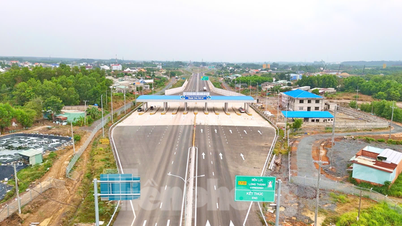


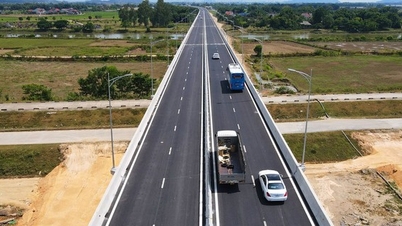









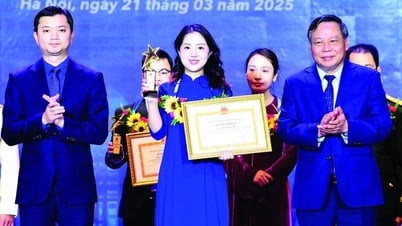






























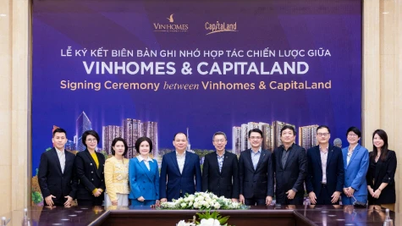










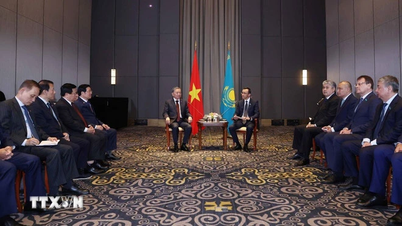
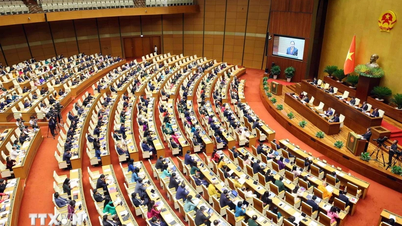








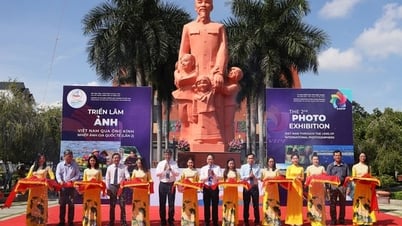



















Comment (0)